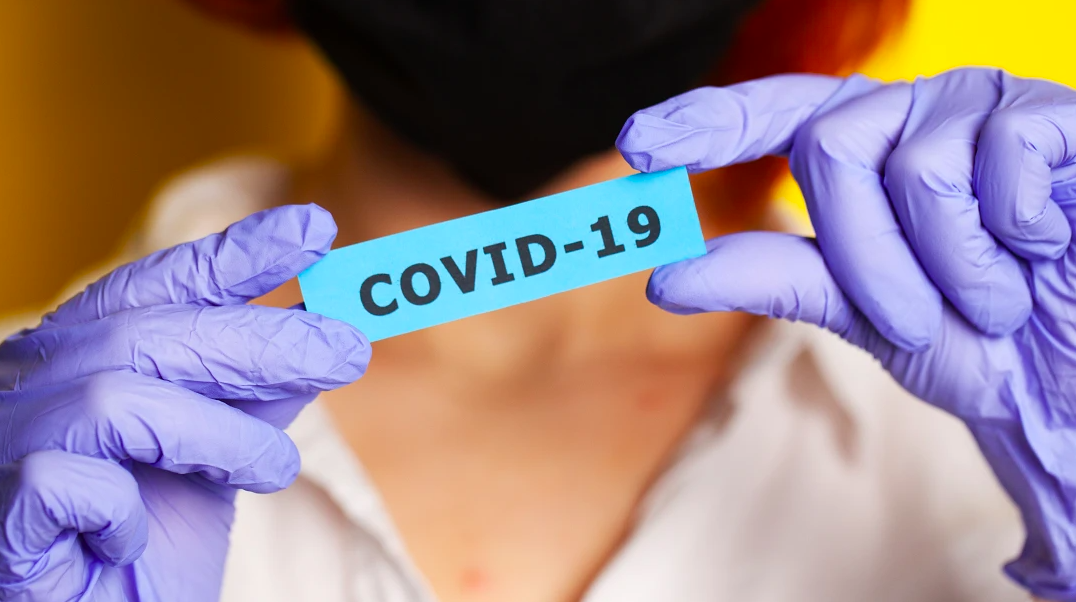Next-generation Covid-19 vaccines targeting the virus’s entry points, such as the nose and mouth, may achieve what traditional vaccines cannot: limit the spread of respiratory infections by preventing their transmission.
This finding comes from a new study by researchers at the Washington University School of Medicine in St. Louis, published in the journal “Science Advances.” Using a nasal vaccine, which has been approved for use in India and is further being developed in the U.S., the researchers found that vaccinated hamsters with infections had virus levels in their airways 100 to 100,000 times lower than those that received the injectable vaccine or were not vaccinated.
They also discovered that hamsters given the nasal vaccine did not transmit the virus to others, breaking the transmission cycle. In contrast, an approved injectable vaccine failed to prevent the virus’s spread.
Researchers highlight that mucosal vaccines, sprayed into the nose or inhaled through the mouth, may be key to controlling respiratory infections like the flu and Covid-19, which continue to spread, causing illness and death. “To prevent transmission, you need to keep the amount of virus in the upper airways low,” says lead author Jacob Boone, professor of Medicine, Molecular Microbiology, Pathology, and Immunology. “The less virus there is to begin with, the lower the chance of infecting someone else if you cough, sneeze, or even just breathe on them. This study shows that mucosal vaccines are superior to injectable vaccines in limiting viral replication in the upper airways and preventing its spread to the next person. In an outbreak or pandemic situation, this is the kind of vaccine we would want,” he adds.
It is noted that a team of researchers at the University of Washington, including Boone, is working on developing a nasal vaccine for avian flu.
Ask me anything
Explore related questions





